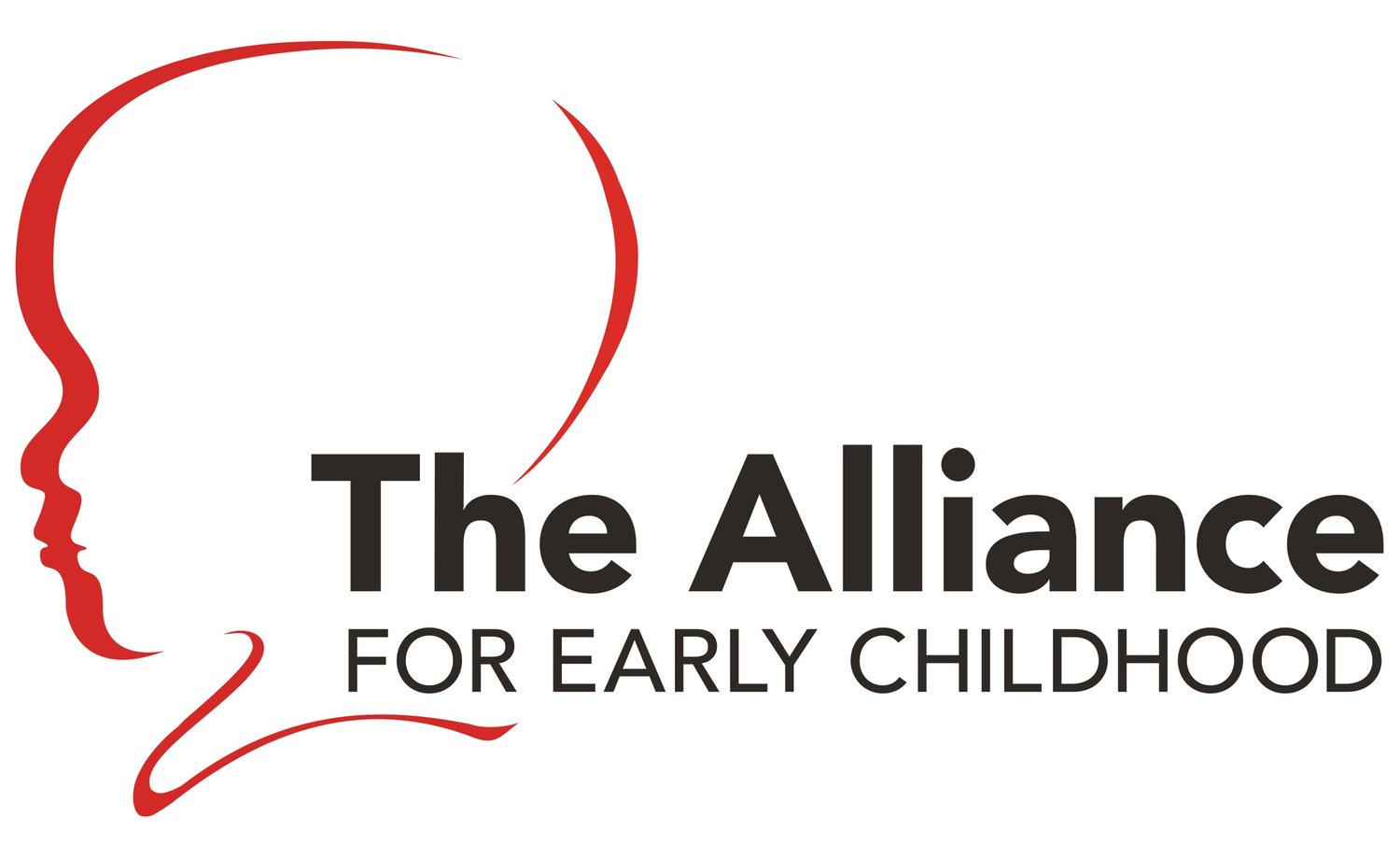Toddler Math Talk
Tammy Steele
When my children were toddlers, math talk was not on my list of conversational topics, but I wish it had been. We know now through the research of educators and medical professionals, that a toddler’s math talk is a leading indicator of future school success. If you always cringed at the thought of math talk, don’t worry, it doesn’t look like school math because toddlers’ brains are not ready for calculation. However, young children are ready to learn about essential math concepts such as more or less, same or different, and sooner or later. They are also ready to learn math words while they play, eat, and clean up. Adding math conversation to your routine doesn’t take more time, it takes more math words.
Toddlers naturally play with math ideas, but they need parents to name the concepts. When parents repeat math words, they help children grow from counting their toes into confident mathematicians. Dana Suskind (2015) writes that parents can teach these concepts by tuning in, talking more and taking turns.
Math Talk During Play
While any time is a good time to “talk math”, one of the best times is when their children are at play. Parents can describe the play, by naming the concepts and asking them questions.
For example: “You are playing with three rubber duckies. They are so cute.
Let’s count them, 1, 2, 3. How many rubber duckies are there? Three!”
We call this Play DNA. Parents can tune into the math while their toddlers play by giving them math language to describe the math ideas their children are developing in their own play. Children are motivated to learn math because they are choosing what they want to play. It is one reason why the United Nations Committee on the Rights of a Child states, “Play is a right, not a privilege” (Article 3, 285).
The Gift of Math illustrated workbook gives parents math words to add to their children’s play. Words such as more or less are hard for children to understand but are important for comprehending math relationships. The math concept of more milk is present at birth. Before they can say the word more, infants use physical and emotional (e.g. pointing and crying) ways to communicate their need for more food.
Two years later when her toddler is playing with cars and trucks, it is easy for a mom to say, “Your cars and trucks have 4 wheels. Trucks are bigger than cars”, or “some cars and trucks are the same color red. Some cars and trucks are not red.” Also, cleanup time is a good time to talk about same and different socks and shirts. It doesn’t take more time. It takes more math words. It is what mathematicians mean when they say, “Math is everywhere.”
Talmage M. Steele (Tammy Steele) wrote and illustrated The Gift of Words: How Do Children Learn to Talk? and The Gift of Math: 12 Math Conversation Starters for Parents and Young Children. They are based on research and fifteen years of experience working as an educator/consultant under a variety of grants with Chicago Public Schools. She managed a McCormick Tribune Literacy Grant working with CPS daycare coaches in 85 classrooms, as well as Annenberg Challenge Grants, Chicago Arts Partners in Education (CAPE) Grants, and an Erikson Arts Project. She wrote and edited the resource directory, Chicago Arts Resources: Growing Up with Art.
References and Resources
Math talk conversations can be reinforced by online parent/child videos sharing math talk: www.PlaySmartLiteracy.org or www.TalktoMeMama.com
Hart, B., Risley, T. 1995. Meaningful Differences in the Everyday Experiences of Young American Children. Baltimore, MD: Paul H. Brookes Publishing Co.
Rosales, A. 2015. Mathematizing: An Emergent Math Curriculum Approach for Young Children. St. Paul, MN: Redleaf Press.
Steele, Talmage M. 2022. The Gift of Math: Twelve Math Conversation Starters for Parents and Young Children. Chicago: BookBaby.
Steele, Talmage M. 2017. The Gift of Words: How do Children Learn to Talk? Chicago: BookBaby.
Suskind MD, D. B. Suskind, L. Lewinter-Suskind. 2015. Thirty Million Words Building a Child’s Brain. New York: Dutton.
Suskind MD, L. Denworth. 2022. Parent Nation. New York: Dutton.
